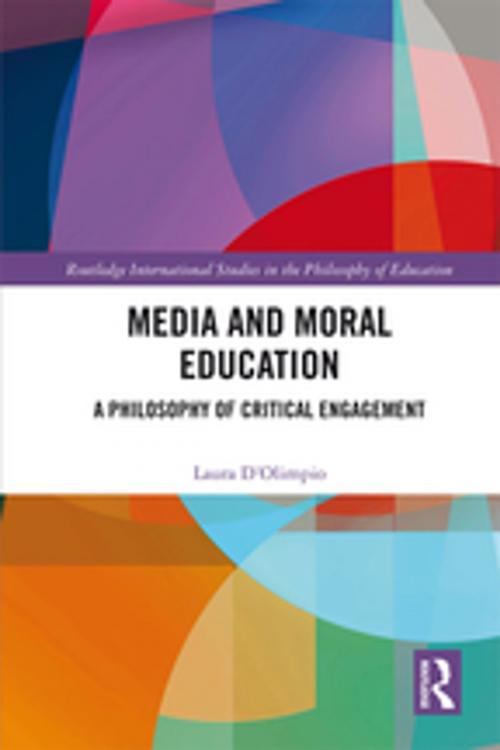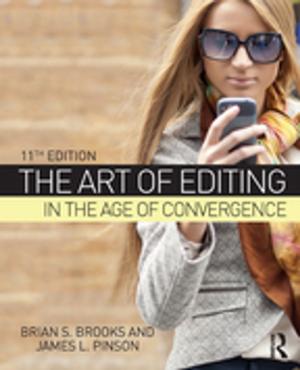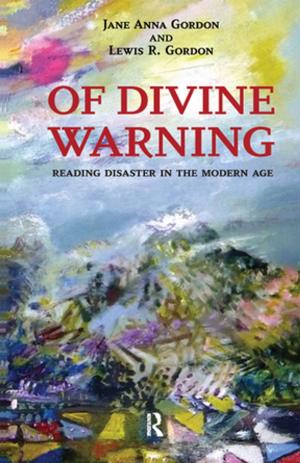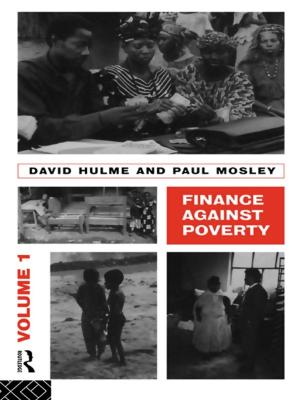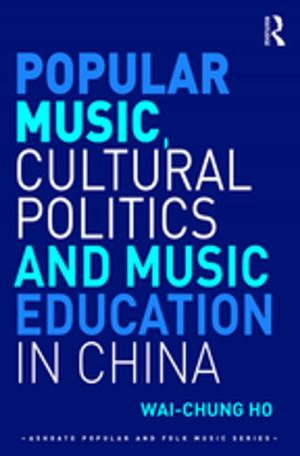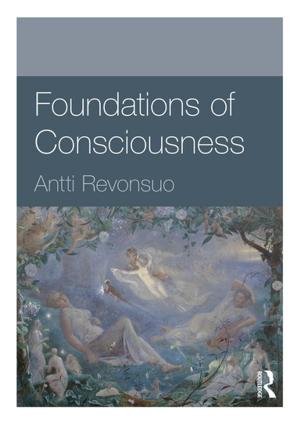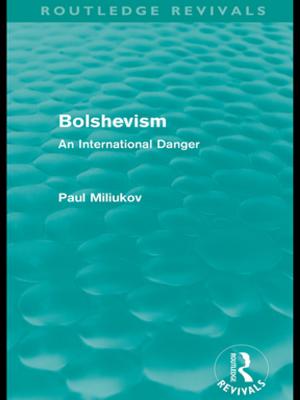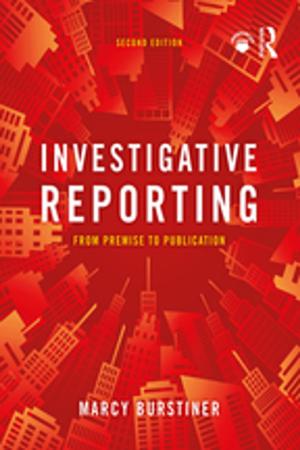Media and Moral Education
A Philosophy of Critical Engagement
Nonfiction, Reference & Language, Education & Teaching, Educational Theory, Philosophy & Social Aspects| Author: | Laura D'Olimpio | ISBN: | 9781351967211 |
| Publisher: | Taylor and Francis | Publication: | November 6, 2017 |
| Imprint: | Routledge | Language: | English |
| Author: | Laura D'Olimpio |
| ISBN: | 9781351967211 |
| Publisher: | Taylor and Francis |
| Publication: | November 6, 2017 |
| Imprint: | Routledge |
| Language: | English |
Media and Moral Education demonstrates that the study of philosophy can be used to enhance critical thinking skills, which are sorely needed in today’s technological age. It addresses the current oversight of the educational environment not keeping pace with rapid advances in technology, despite the fact that educating students to engage critically and compassionately with others via online media is of the utmost importance.
D’Olimpio claims that philosophical thinking skills support the adoption of an attitude she calls critical perspectivism, which she applies in the book to international multimedia examples. The author also suggests that the Community of Inquiry – a pedagogy practised by advocates of Philosophy for Children – creates a space in which participants can practise being critically perspectival, and can be conducted with all age levels in a classroom or public setting, making it beneficial in shaping democratic and discerning citizens.
This book will be of interest to academics, researchers and postgraduate students in the areas of philosophy of education, philosophy, education, critical theory and communication, film and media studies.
Media and Moral Education demonstrates that the study of philosophy can be used to enhance critical thinking skills, which are sorely needed in today’s technological age. It addresses the current oversight of the educational environment not keeping pace with rapid advances in technology, despite the fact that educating students to engage critically and compassionately with others via online media is of the utmost importance.
D’Olimpio claims that philosophical thinking skills support the adoption of an attitude she calls critical perspectivism, which she applies in the book to international multimedia examples. The author also suggests that the Community of Inquiry – a pedagogy practised by advocates of Philosophy for Children – creates a space in which participants can practise being critically perspectival, and can be conducted with all age levels in a classroom or public setting, making it beneficial in shaping democratic and discerning citizens.
This book will be of interest to academics, researchers and postgraduate students in the areas of philosophy of education, philosophy, education, critical theory and communication, film and media studies.
